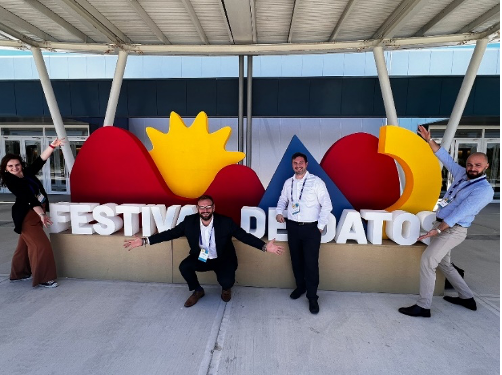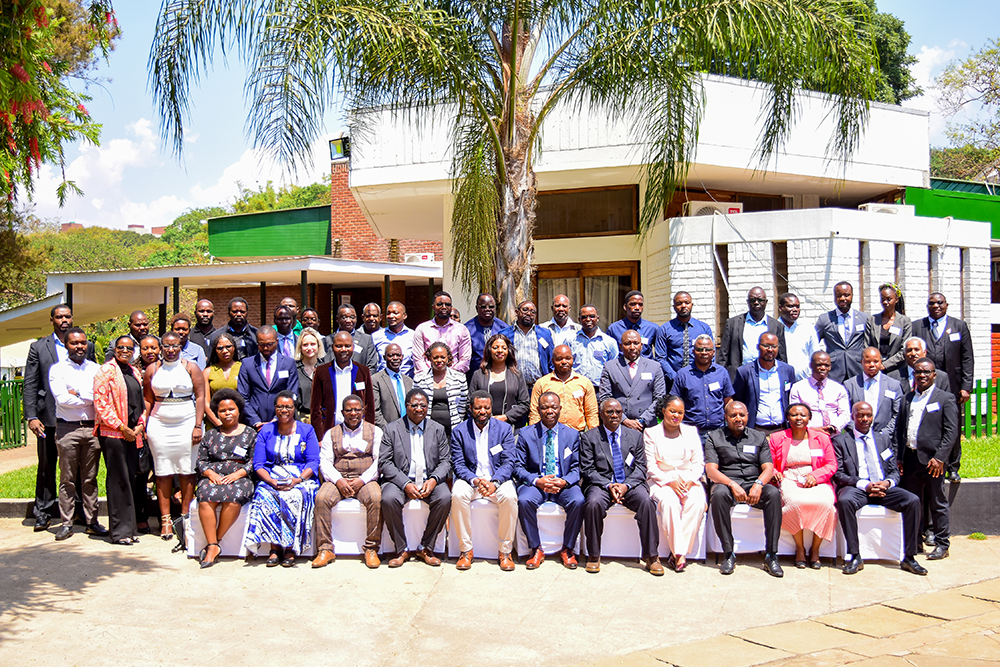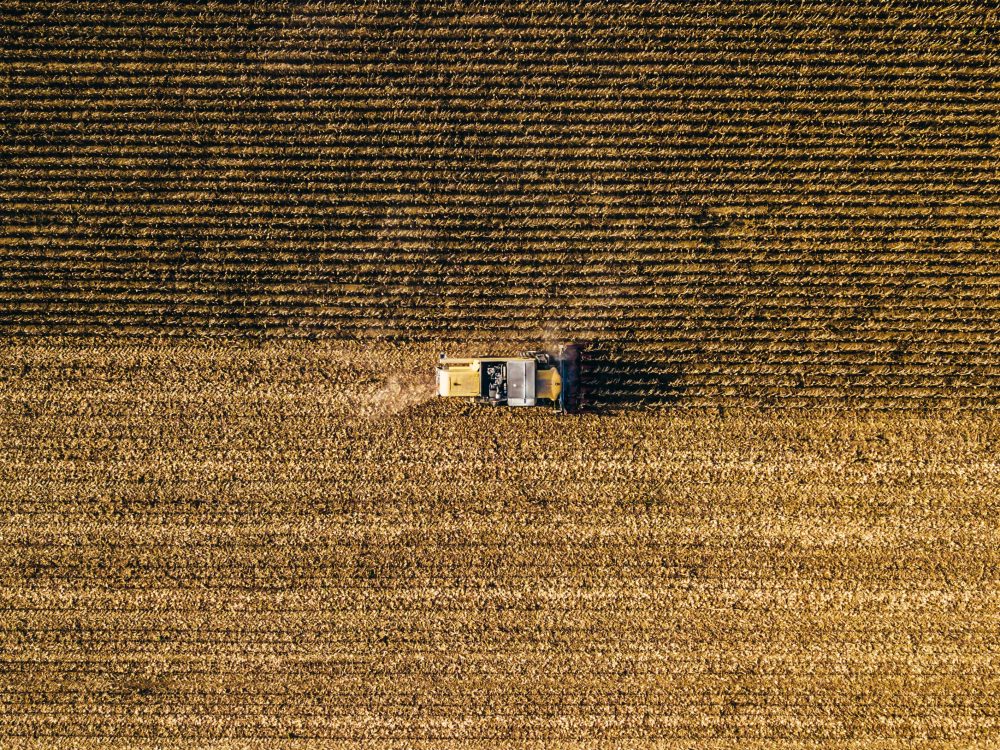Open Data in Senegal
Open Data in Senegal
The Senegalese Government showcased its commitment towards establishing an Open Data policy by hosting a workshop with the theme “open access to geospatial data to help the government meet basic social services,” which took place in in Dakar.
The potential of geocoded data as a tool in the decision-making process was one of the key messages the open data conference. The overall goal was to emphasize the central role that Open Data can play in emerging economies as well as promote government initiatives such as establishing an interministerial agreement to improve data quality on key sectors such as health and education.
To this end, the government, through the National Agency of Statistics and Demography, introduced a new mapping web portal accessible to all with the aim of empowering citizens, civil society, and the private sector to access with ease socio-economic and geographical data.
Discussion centered on the role of open data in achieving high economic impact. For instance, the Canadian Government, the main partner of in this initiative, registered a gain in producitivty in the amount of USD 600 million in the management of natural resources thanks to open geospatial data.
To ensure open geospatial data fulfills its full potential, it is essential to establish a dialogue between different stakeholders. High impact policy decisions requires access to reliable information and high quality tools to analyse the geocoded data. The establishment of an interministerial agreement to improve the quality of information is all the more essential.
Another key recommendation emmanating from the workshop was to include the principle of Open Data in performance contracts of public institutions, and to reserve a line in the national budget for the opening and distribution of data already available. This will promote the institutionalization of the practice of free open data aimed at serving Senegalese citizens.
Despite a decline of six places in the world rankings according to the Global Open Data Index – an index that classifies sixty countries according to the level and quality of open data published by governments and their accessibility to civil society, the media, and citizens – Senegal is currently third in Africa after South Africa and Burkina Faso.
We look forward to continue working with our government colleagues in continuing to prioritize open data in Senegal.
Open Data au Sénégal
Le Gouvernement Sénégalais a démontré son engagement à mettre en place une politique Open Data lors d’un atelier sur le thème « accès aux données géospatiales sur les services sociaux de base » qui a eu lieu le 17 septembre 2015 à Dakar.
Le potentiel de la géomatique, soit le traitement des données géospatiales, comme un outil de soutien dans le processus de prise de décision, était l’un des messages clés de la conférence. Le but ultime de celle-ci étant de souligner le rôle central que pourrait jouer l’Open Data dans l’émergence du pays en incitant à la mise en place d’une convention interministérielle pour améliorer la qualité de l’information avec les services sectoriels, notamment la santé et l’éducation.
En l’occurrence, le gouvernement à travers l’Agence Nationale de la Statistique et de la Démographie a mis en place un nouveau portail web cartographique accessible à tous pour faciliter la consultation des indicateurs socio-économiques et géographiques.
L’importance des données ouvertes dans la réalisation des services à fort impact économique a été surtout soulignée. Par exemple, le Gouvernement Canadien, le partenaire principal de cette initiative, a enregistré un gain de productivité de 600 millions USD dans le domaine de la gestion des ressources naturelles grâce aux données geospatiales gratuites.
Afin d’assurer le plein potentiel des données geospatiales ouvertes, il est essentiel d’établir un dialogue entre les différentes parties prenantes. La prise de bonnes décisions nécessite l’accès à l’information fiable et de bons outils d’analyses de ces informations. La mise en place d’une convention interministérielle pour améliorer la qualité de l’information avec les services sectoriels est donc essentielle.
D’autres recommandations issues de l’atelier étaient d’inscrire le principe Open Data dans des contrats de performances liant le gouvernement et les institutions publiques, et de réserver une ligne dans le budget national à l’ouverture et à la diffusion des données déjà disponibles. La notion d’Open Data, « les données publiques ouvertes », est plus spécifiquement l’information, qu’elle soit publique ou privée, que chacun peut consulter ou réutiliser librement. Ceci facilitera l’institutionnalisation de la pratique des données ouvertes gratuites au service des citoyens sénégalais.
Malgré une régression de six places au classement mondial selon le Global Open Data Index – un indice qui classifie à peu près une centaine de pays selon le niveau et la qualité des données ouvertes publiées par les gouvernements ainsi que leur accessibilité à la société civile, aux médias, et aux citoyens – le Sénégal est actuellement troisième en Afrique après l’Afrique du Sud et le Burkina Faso.
Nous avons hâte de continuer notre partenariat avec le gouvernement Sénégalais dans son engagement de donner la priorité aux données publiques ouvertes.
Share This Post
Related from our library

Developing Data Systems: Five Issues IREX and DG Explored at Festival de Datos
IREX and Development Gateway: An IREX Venture participated in Festival de Datos from November 7-9, 2023. In this blog, Philip Davidovich, Annie Kilroy, Josh Powell, and Tom Orrell explore five key issues discussed at Festival de Datos on advancing data systems and how IREX and DG are meeting these challenges.

Unlocking the potential of digital public infrastructure for climate data and agriculture: Malawi
DG’s DAS Program recently attended an event on creating a national digital public infrastructure (DPI) in Malawi in order to increase the impact of climate data to combat current and future agricultural issues caused by climate change. In this blog, we reflect on three insights on DPIs that were revealed during the event discussion.

What Does a Good Agriculture Data System Look Like? Reflections from 2023 Festival de Datos
DG's joint session at 2023 Festival de Datos posed the question: What does a “good” agriculture data system look like? In this blog post, we'll delve into the key principles that emerged from the discussion.